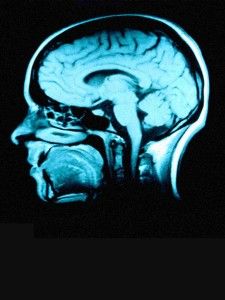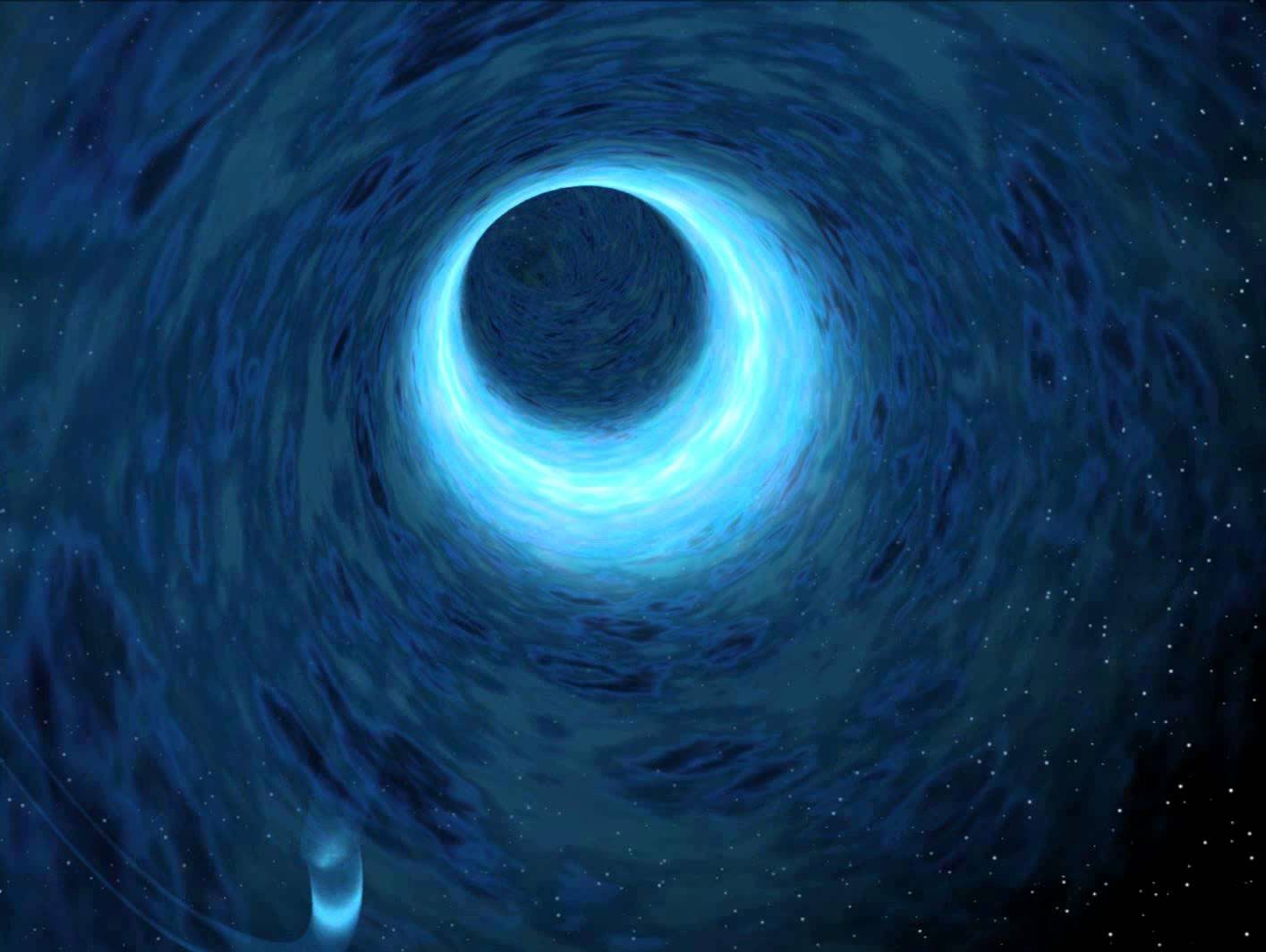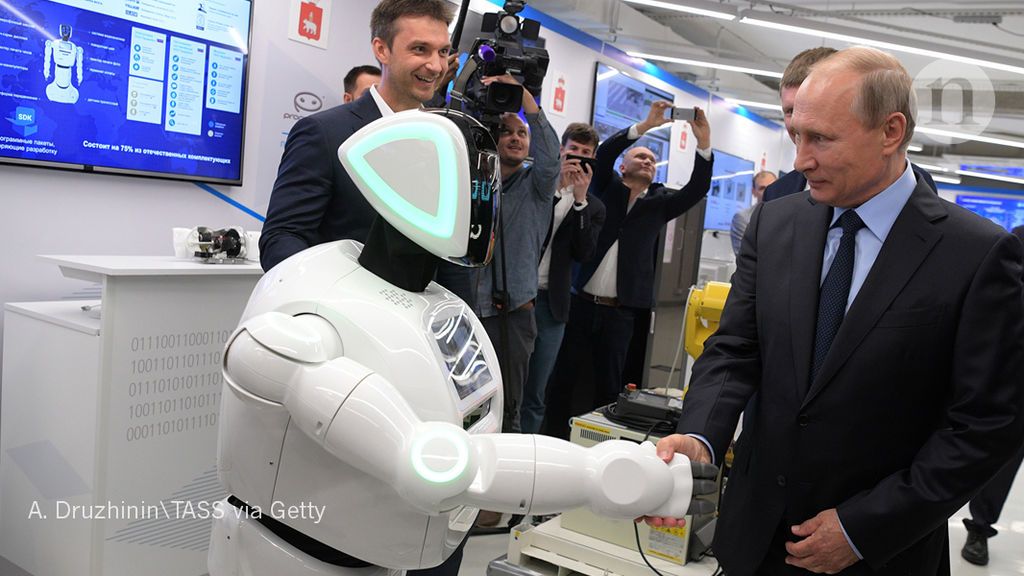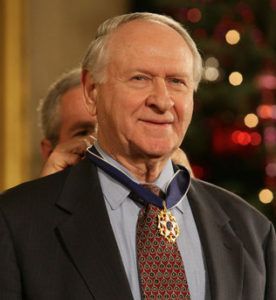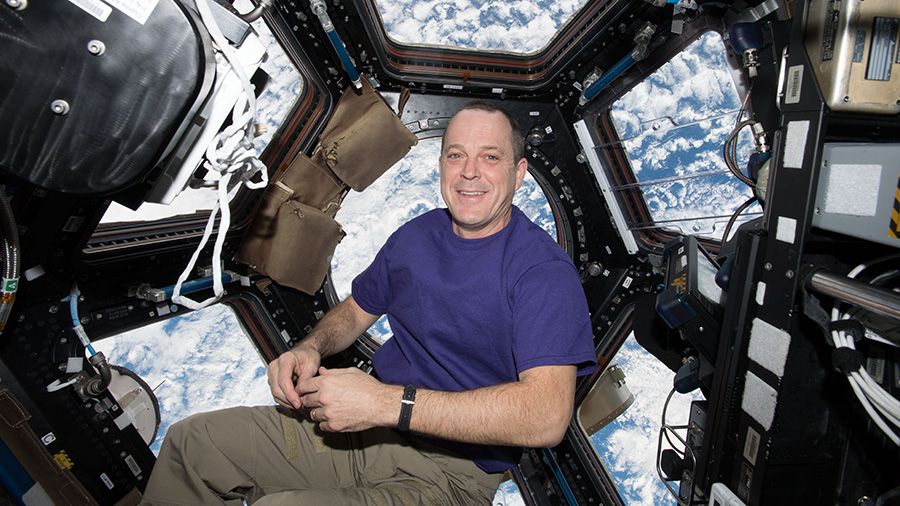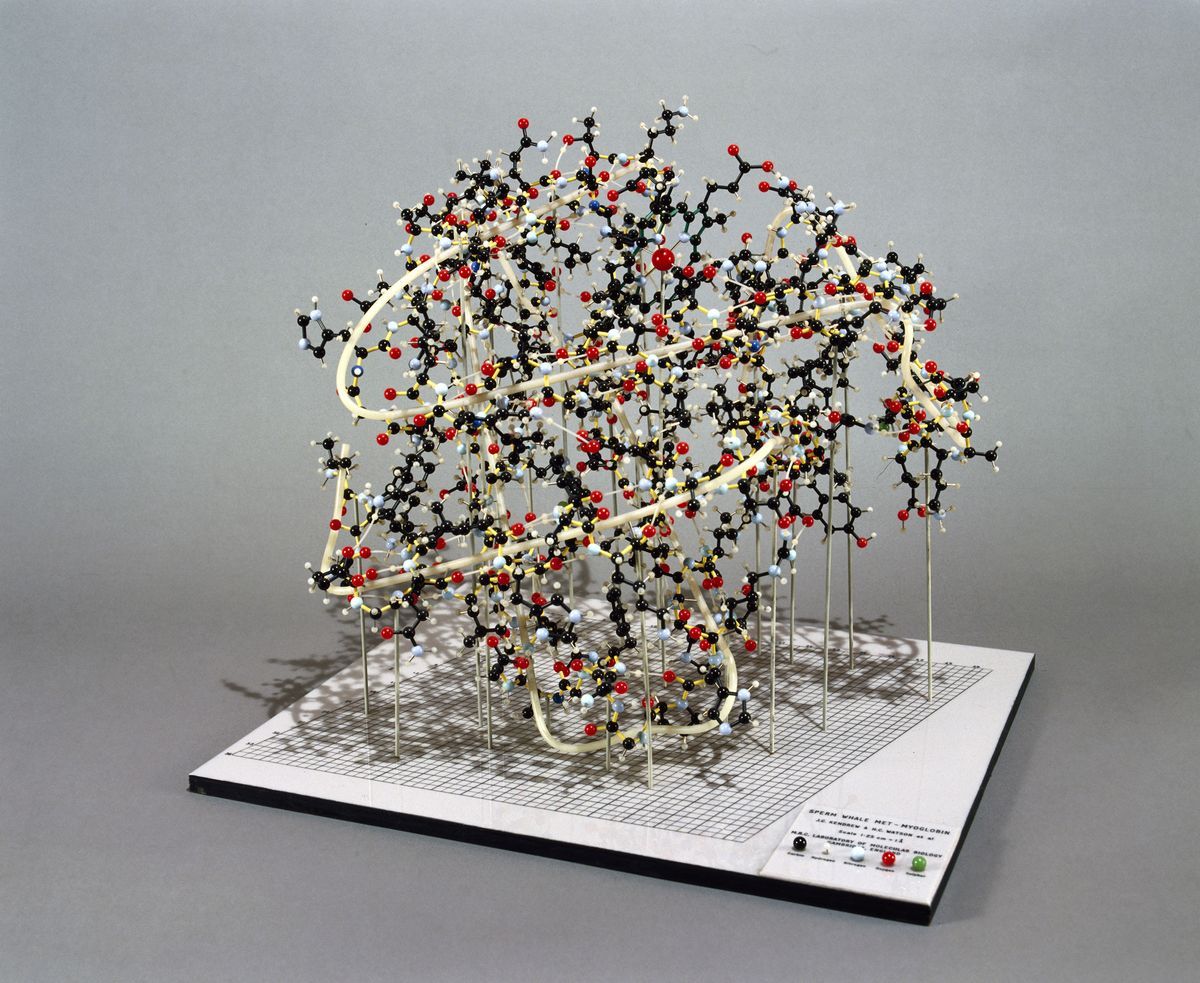
Scientists are increasingly betting their time and effort that the way to control the world is through proteins. Proteins are what makes life animated. They take information encoded in DNA and turn it into intricate three-dimensional structures, many of which act as tiny machines. Proteins work to ferry oxygen through the bloodstream, extract energy from food, fire neurons, and attack invaders. One can think of DNA as working in the service of the proteins, carrying the information on how, when and in what quantities to make them.
Living things make thousands of different proteins, but soon there could be many more, as scientists are starting to learn to design new ones from scratch with specific purposes in mind. Some are looking to design new proteins for drugs and vaccines, while others are seeking cleaner catalysts for the chemical industry and new materials.
David Baker, director for the Institute for Protein Design at the University of Washington, compares protein design to the advent of custom tool-making. At some point, proto-humans went beyond merely finding uses for pieces of wood, rock or bone, and started designing tools to suit specific needs — from screwdrivers to sports cars.
Continue reading “Protein Engineering May Be the Future of Science” »


